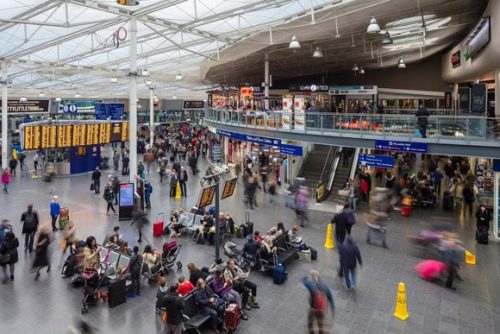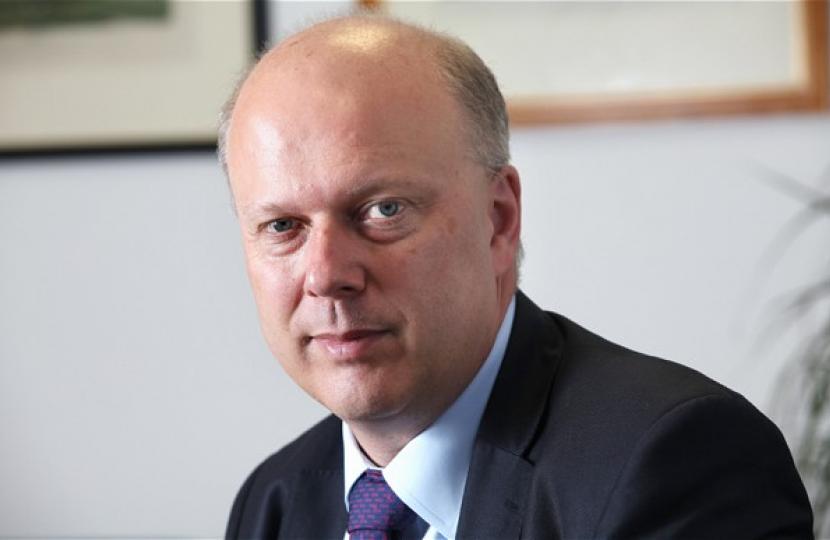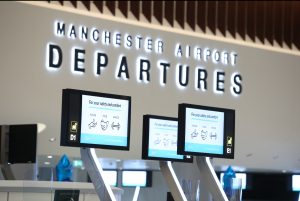Minister failed to take control of this summer’s rail chaos

Transport Secretary Chris Grayling has been severely criticised for not dealing with the chaos that crippled rail services across the North this summer.
The situation was triggered by the introduction of a new timetable in May across the region.
The changes led to months of delays and cancellations which affected hundreds of services.
A transport select committee has delivered a damning verdict on Mr Grayling’s handling of the situation in a new report.

Chris Grayling
MPs said the implementation of the new timetable was chaotic and resulted in inconvenient, costly and potentially dangerous disruption for thousands of commuters.
And the report found that no one took charge of the situation even though Mr Grayling had ultimate responsibility.
Char Lillian Greenwood said: “There was extraordinary complacency about protecting the interests of passengers, who were very badly let down.
“It is extraordinary, and totally unacceptable, that no-one took charge of the situation.”
“Last week’s announcement that rail fares will increase by an average of 3.1% has added “insult to passengers’ injury.”
Mick Cash, leader of the Rail, Maritime and Transport union, described the report as “devastating” and laid the blame on “disastrous fragmentation of our railways” and Mr Grayling.
Anthony Smith, chief executive of watchdog Transport Focus, said: “This industry knows it must deliver a smooth set of changes when the next round of timetable changes takes effect this Sunday.
“They must show they’ve learned lessons after a torrid summer of timetable crisis, and are acting to improve performance.”
A Department for Transport spokesman said: “We have already worked with the industry to deliver special compensation schemes on Northern, TransPennine Express and GTR, which provides the equivalent of up to 8% of the cost of an annual season ticket for those most severely impacted.
“The disruption following the May timetable change demonstrated that significant change is required in the rail industry.”








